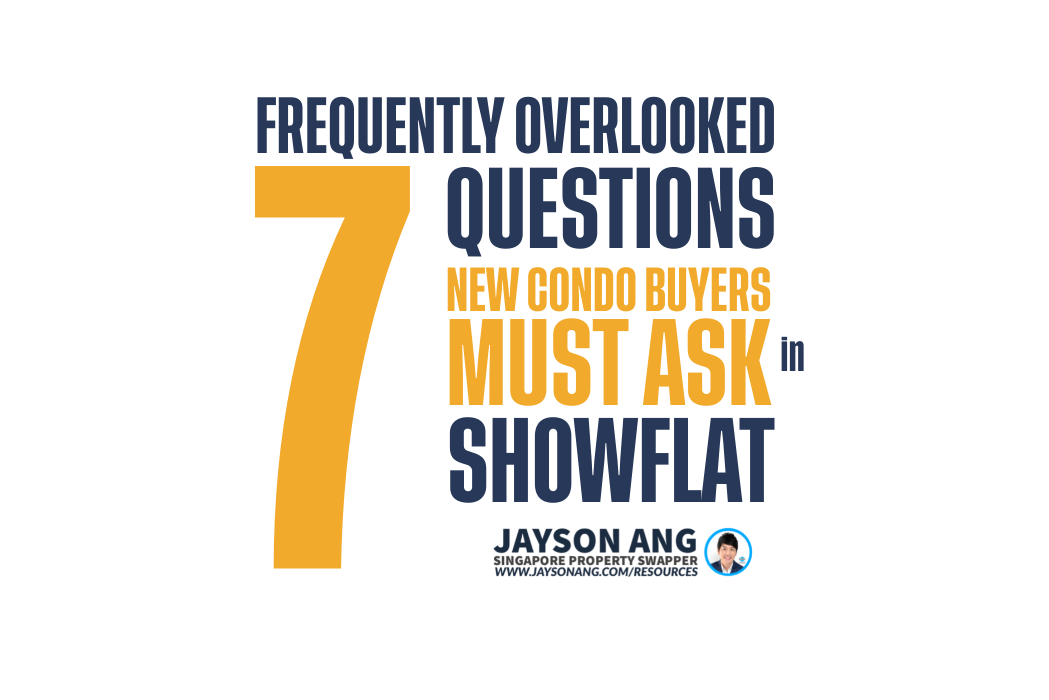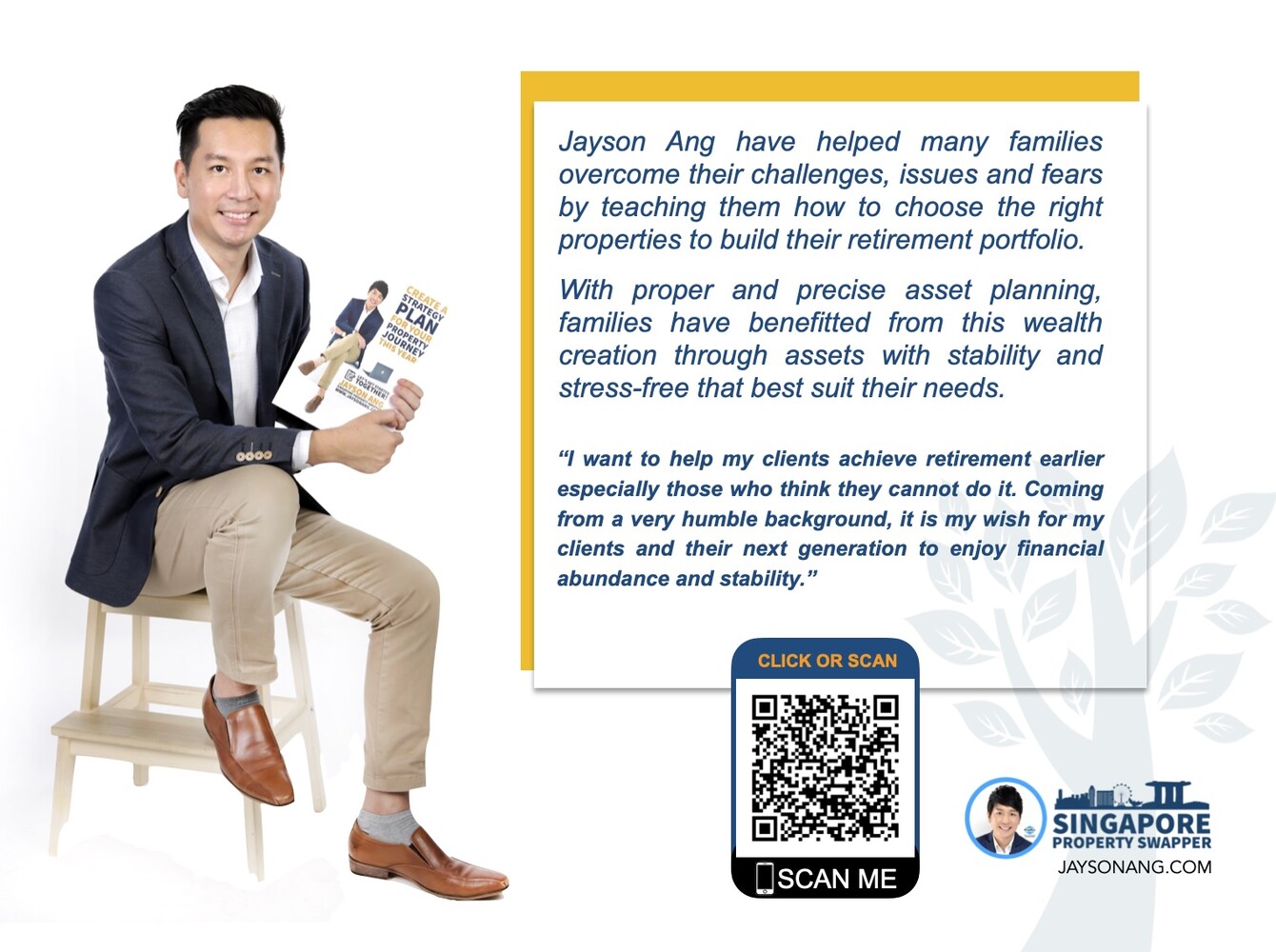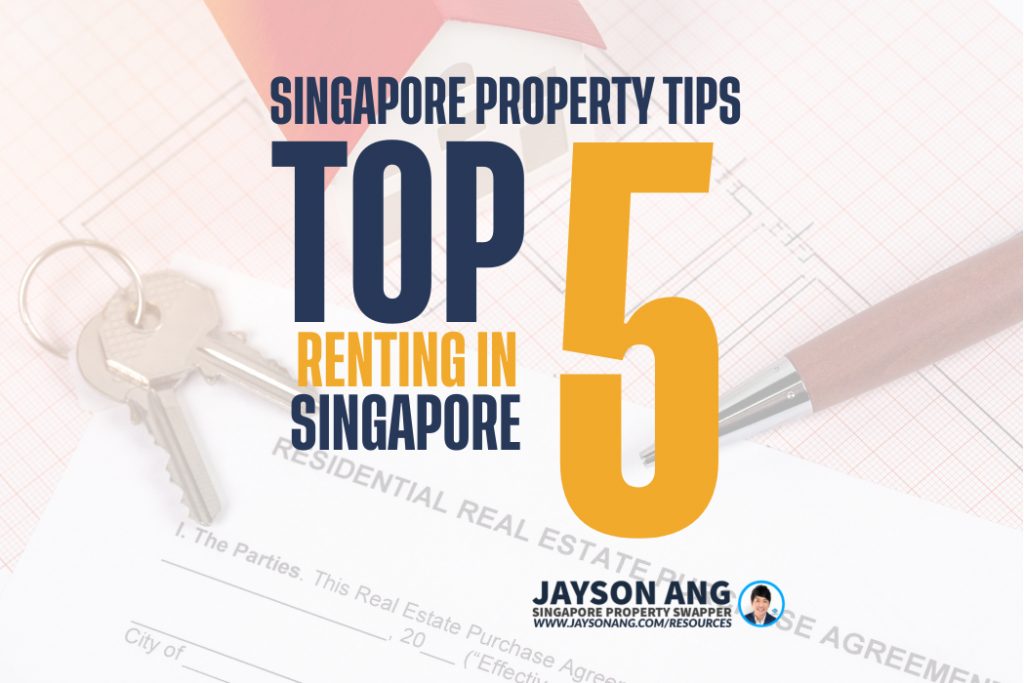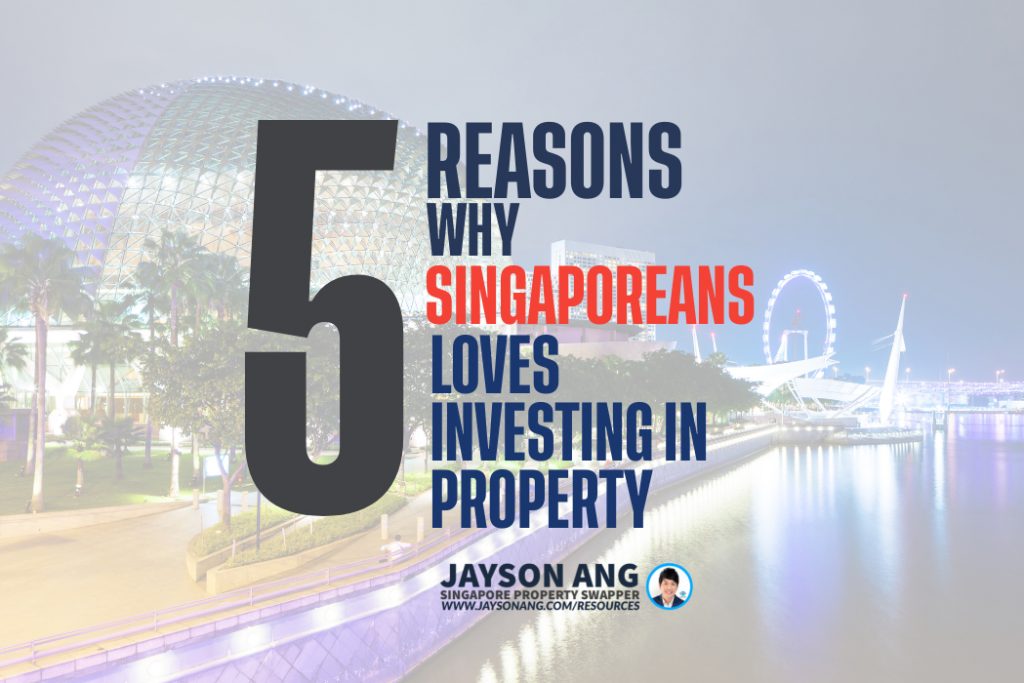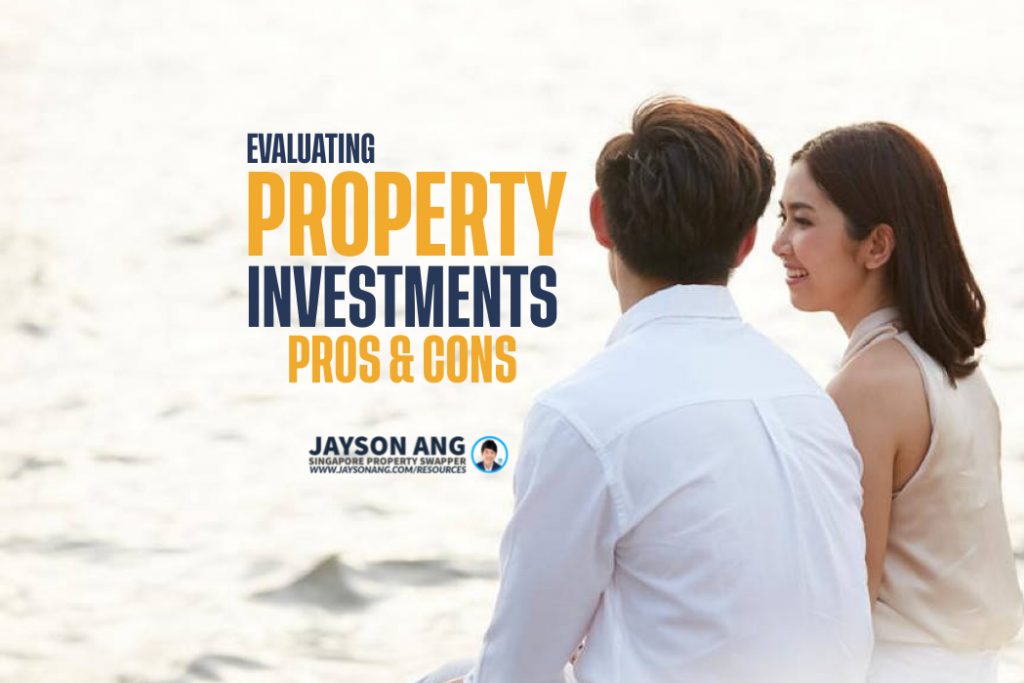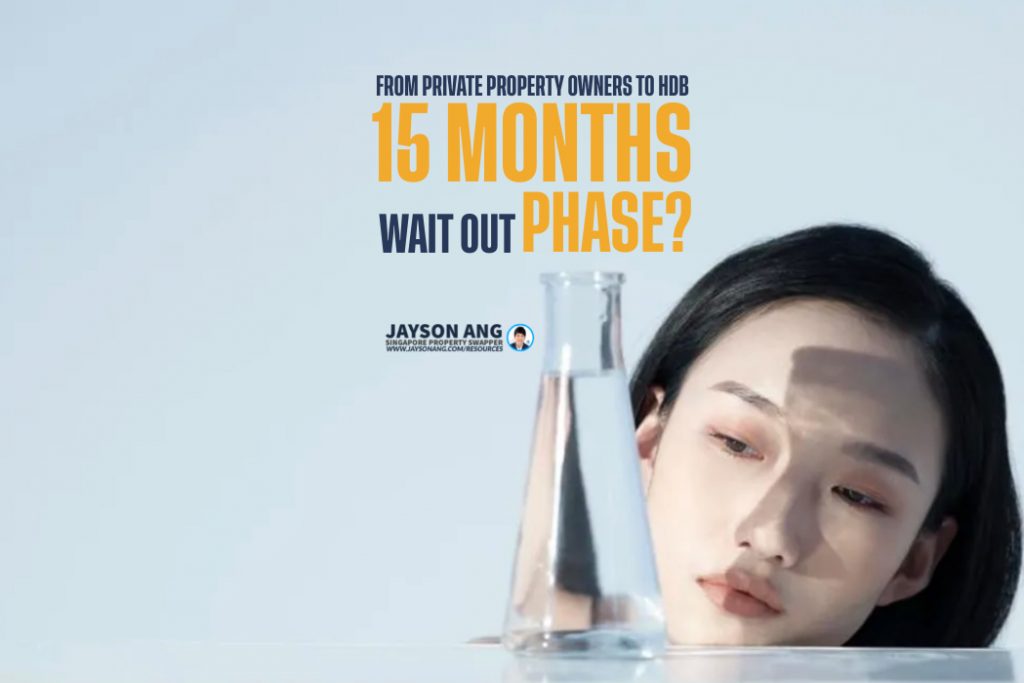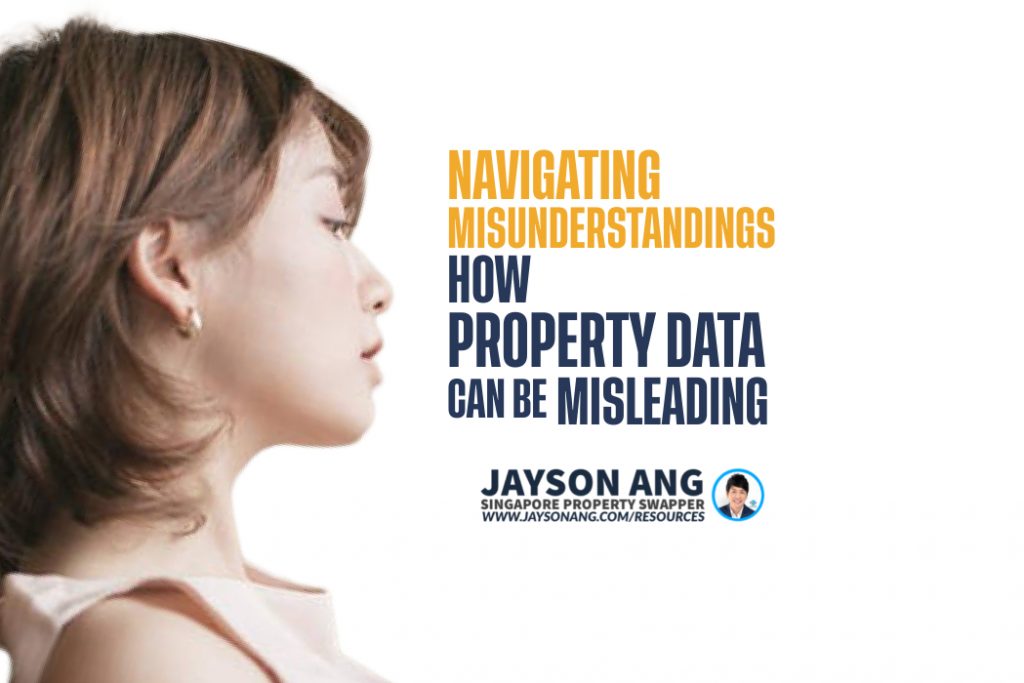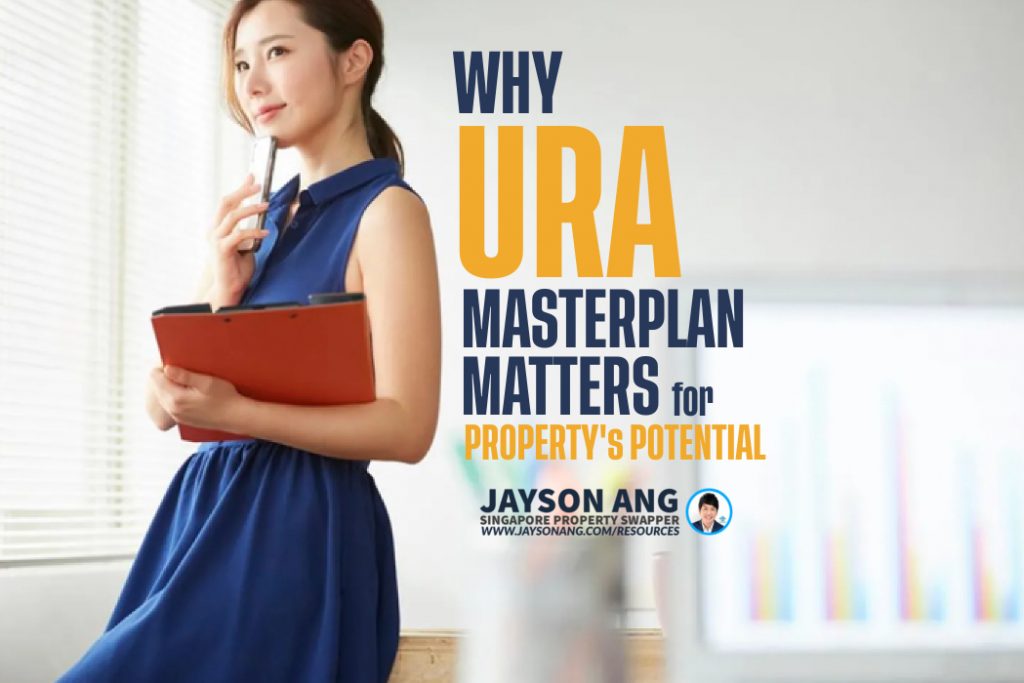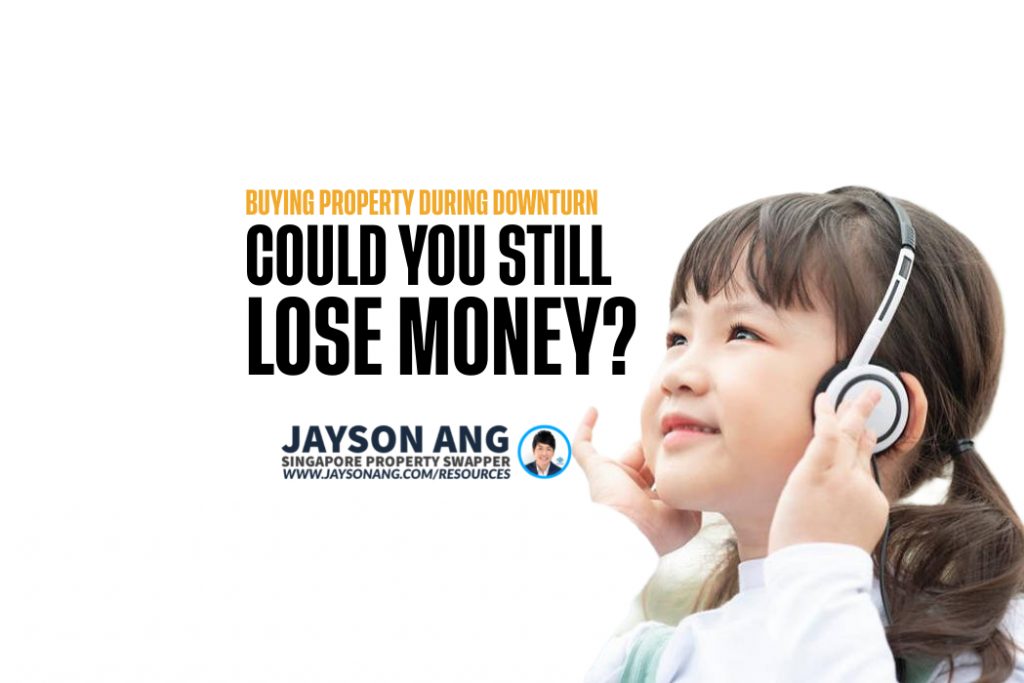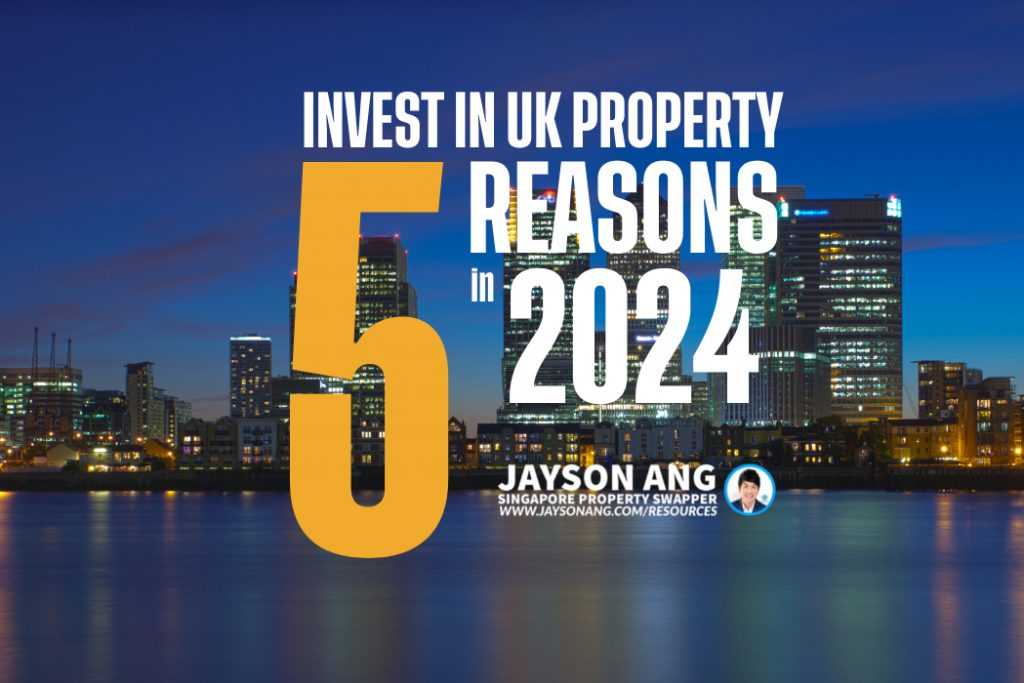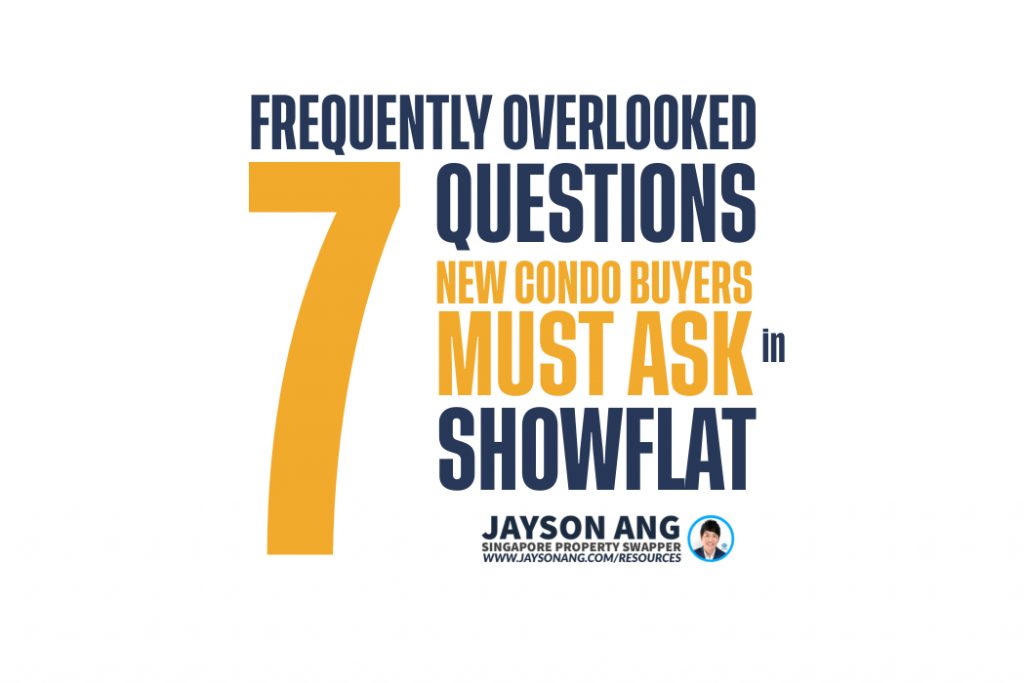TLDR
The stages of wealth management vary from ages 30 to 80, with different focuses and considerations at each stage:
- Age 30-40 (Wealth Accumulation): This period is for accumulating wealth, enjoying economic activity, and building a financial portfolio. Choices such as upgrading to larger flats or investing in properties with potential appreciation are common.
- Age 40-50 (Wealth Growth): Individuals focus on paying off debts, managing CPF contributions, and contemplating active investment management versus passive growth.
- Age 50-60 (Wealth Preservation): People can relax knowing they’ve secured their retirement, but financial decisions like selling property may impact their financial standing.
- Age 60-70 (Wealth Distribution): Consideration of exit strategies, downsizing properties, renting out rooms for extra income, or exploring schemes like Lease Buyback.
- Age 70-80 (Wealth Distribution II): Planning for longevity and health, potentially utilizing Eldershield premiums. It’s crucial to be proactive in preparing for the future.
Late start consequences can be significant due to inflation’s impact on savings and investments. Planning early for retirement is essential to ensure financial security when earning power diminishes. Starting now, not later, is crucial to building a secure financial future.
As we sail into our mid-30s, time seems to accelerate and soon enough we find ourselves heading toward the big 4-0.
We receive a notice from Eldershield, gently reminding us that we are edging closer to yet another milestone.
As time marches on, these small, gentle reminders serve as a reminder that we should begin planning for our retirement – because we are aging.
From 2019 to 2022, I was contacted by roughly 300+ people through my blog. Even though I have a further 1000+ subscribers in my mailing list who haven’t contacted me yet, some of the enquiries I received led to face-to-face meetings. This enabled me to make a few observations about the financial milestones of these people and their behaviour.
Age 30-40: Wealth Accumulation
The wealth accumulation stage is from the ages of 30 to 40 – a period where one can be most economically active and accumulate a solid financial portfolio. With more disposable cash than ever before, you can indulge in whatever excites you – whether it’s a trip around the world or a brand new car. Most importantly, you have the liberty to choose a job based on your interests and passions, rather than settling for what is given to you.
For those with kids, they often feel the need to upgrade to a larger flat due to the convenience it offers. Yet, these flats are often significantly cheaper than private properties, making them a desirable option for many – a fact which may explain their more economical price.
Another group of people, opting to upgrade to a property with greater potential for appreciation instead. This requires a degree of sacrifice, these individuals will challenge themselves to step outside their comfort zone. On the other hand, another group may have overindulged in luxuries during their prime, resulting in having to play catch-up in their later years.
Age 40-50: Wealth Growth
Between the ages of 40-50, many individuals find themselves intently striving to pay off their monthly dues. For some, their CPF contributions are sufficient, and for others, a little cash is needed for a top-up. Though it can be uncomfortable to save more and more money into their property, it is better to confront such feelings earlier on than later.
Those with a $1 million property already have an appreciation of its value far greater than someone with a $300K one due to the fact that inflation is measured by its rate of growth.
At this stage, they possess a wealth of experience both in the workplace and in life, resulting in a widening network of contacts that have seen varying degrees of success when it comes to investing – some succeeding, some falling short. So the question remains: is actively managing investments a wise decision, or is it better to just let them grow on their own?
Age 50-60: Wealth Preservation
As people enter their 50s and 60s, they can often relax a bit knowing that they have already taken the necessary steps to secure their retirement. Thanks to the wise saving habits they’ve cultivated earlier in life, they can now enjoy a slower pace of life with fewer financial worries. Knowing that the future is taken care of can give them peace of mind, allowing them to rest easy unless something truly unexpected occurs.
At 55 years old, some HDB owners who decide to sell their flat may find themselves at risk of experiencing a negative cash sales. Furthermore, they must remember that some of the proceeds from the sale will have to be put into their Retirement Account to meet the Minimum Sum. This is when their “report card” on their finances comes into play, ultimately affecting them.
Age 60-70: Wealth Distribution
If you’re of an age where your property should be fully paid off, it’s time to consider your exit strategies. For some, selling their private property and downgrading to a more affordable HDB flat could be the way to go – you’ll be left with a nice cash sum, and won’t have to worry about VERS affecting your HDB flat. Others might want to consider renting out a room to bring in some extra income. As an alternative to that, there’s always the Lease Buyback Scheme if VERS doesn’t become a reality.
Age 70-80: Wealth Distribution II
Reaching this age is certainly a possibility! The average life expectancy in Singapore is around 85 years old. That being said, it is our wish to remain healthy, mobile and independent for as long as possible. However, if we are unable to stay in good physical shape, our Eldershield premiums may just be of great use! Nevertheless, we should always strive to view this age as an opportunity and not a challenge. Therefore, let us be proactive and prepare ourselves for such a future!
What are the Consequences of Starting Late?
Have you heard of the Rule of 72? This handy tool can help you determine how long it will take for your investments to double – or more importantly, how quickly inflation can erode your savings. At a 4% inflation rate, your investments could lose half their value in just 18 years. For example, if you had $100,000 in the year 2010, without taking any steps to mitigate the effects of inflation, that same amount would be worth only $50,000 by 2028.
Conclusion
Do you plan to retire at 65 years old and live until 85? That’s 20 years worth of living, and if you and your partner need $2500 per month to live comfortably, that adds up to $600,000 in cash – and that’s on top of the property you’ll be living in. Planning for your retirement should be done now, not later. Procrastination is simply fear in disguise, so the only way to get past it is to just start. Begin planning for your future today!
How can you ensure greater financial security when your earning power is diminished?
No matter the outcome of my interactions with those I have encountered, they have all taken steps towards gaining a greater understanding of their financial situation with regards to their property.
If you are considering making changes to your current home or property portfolio, I am more than happy to offer a free and in-depth financial assessment.
Life is too short for us to go through it without a plan – so let’s make the most of it!
You May Also Like …





